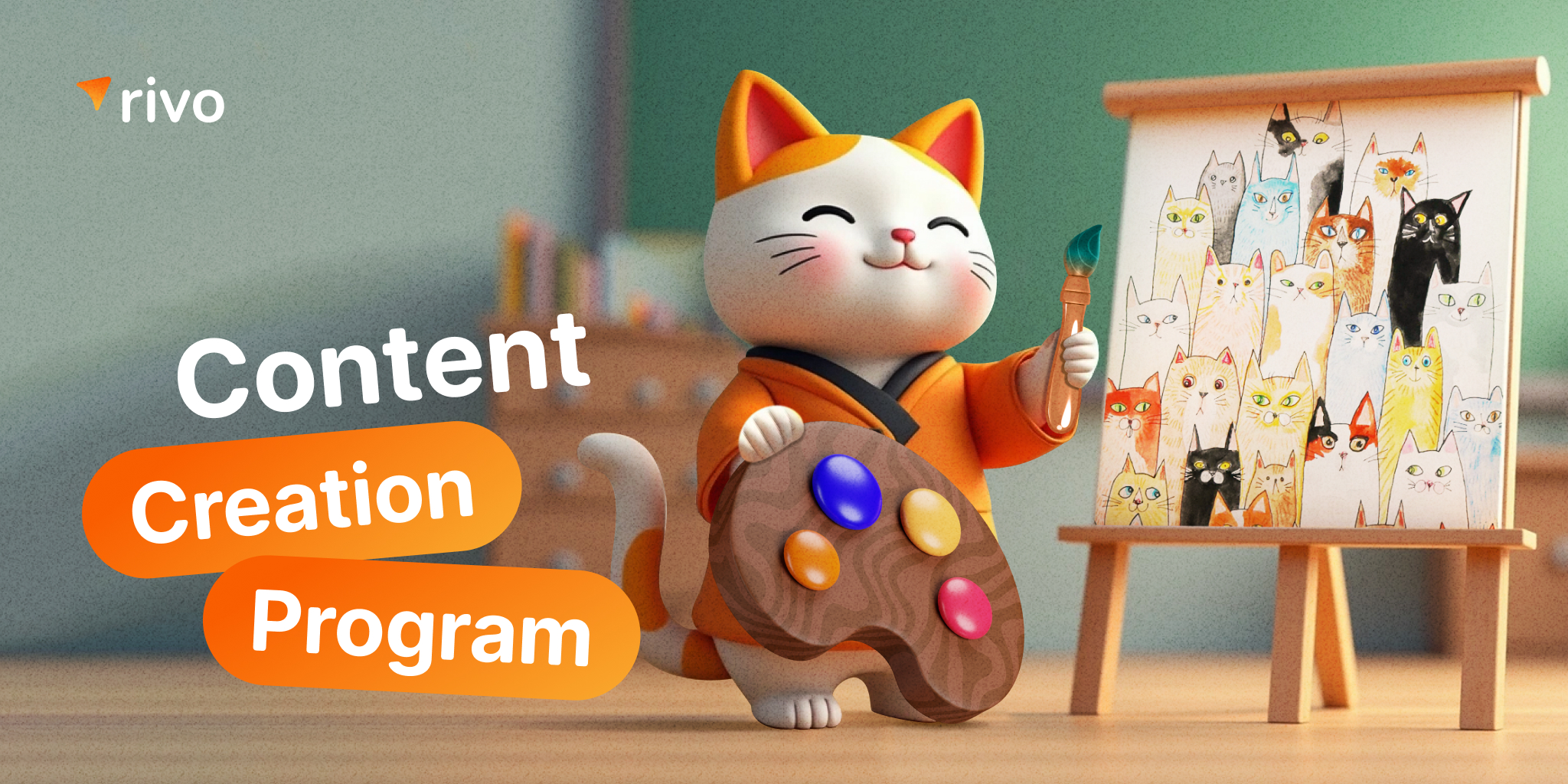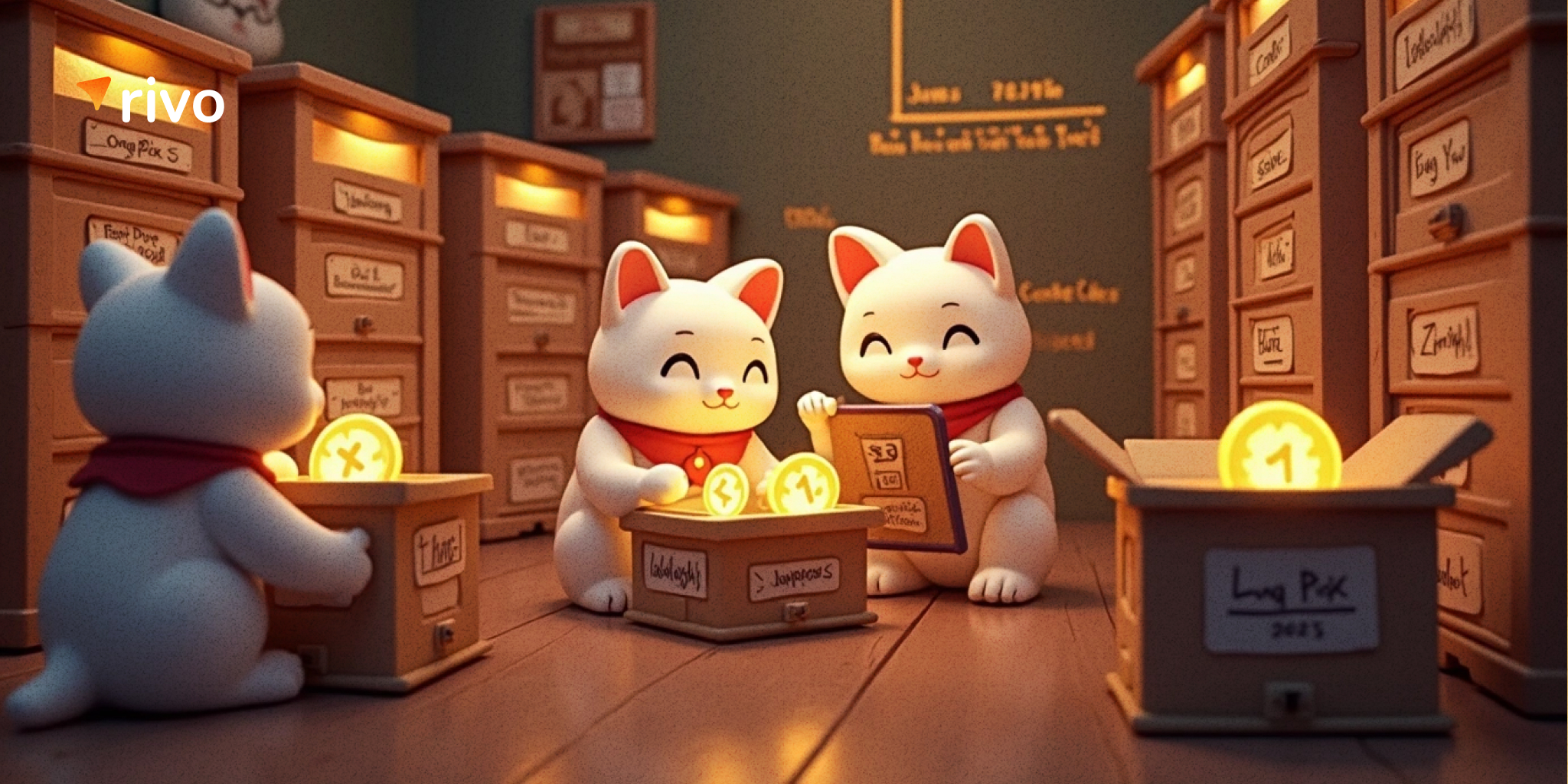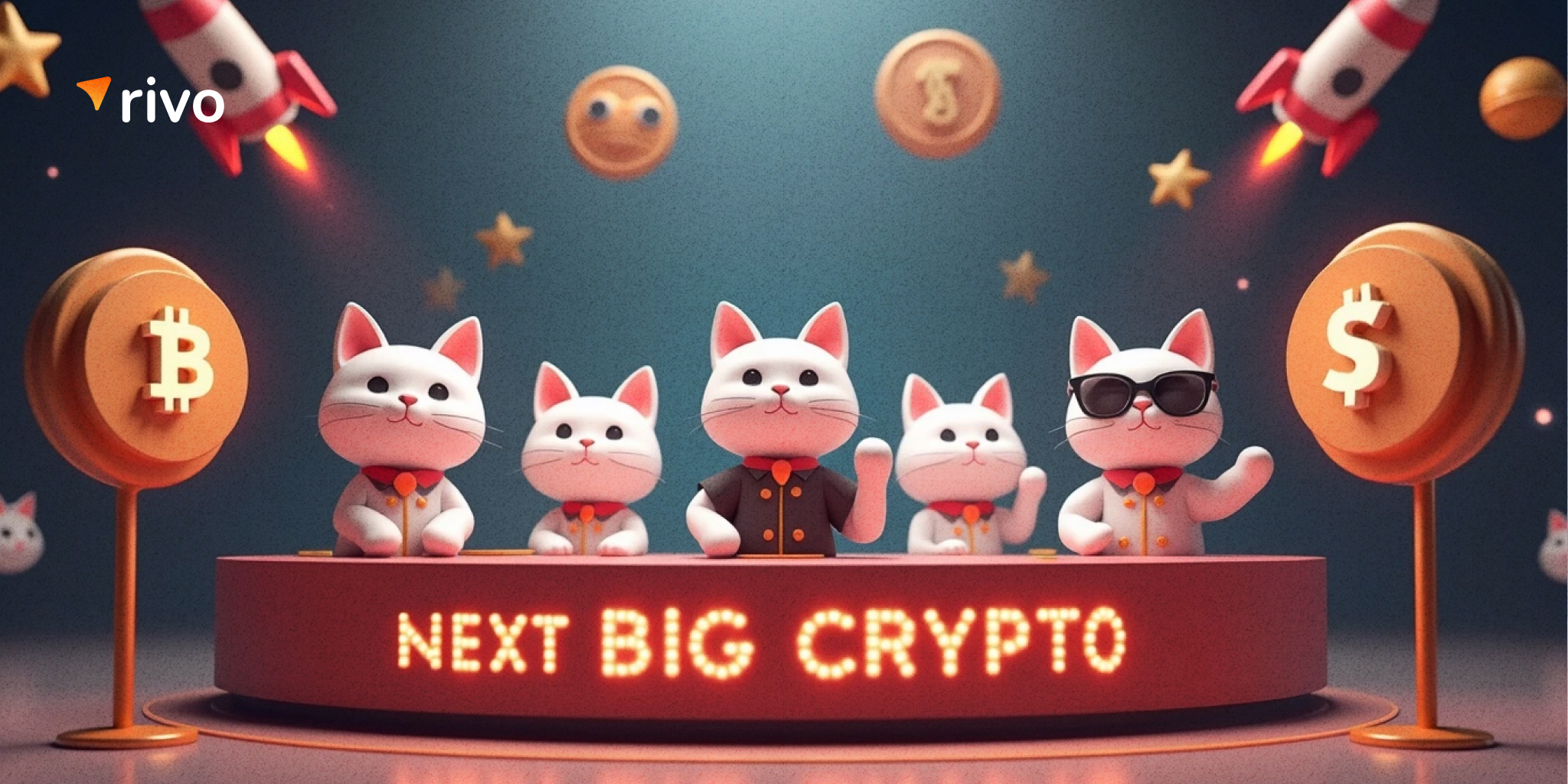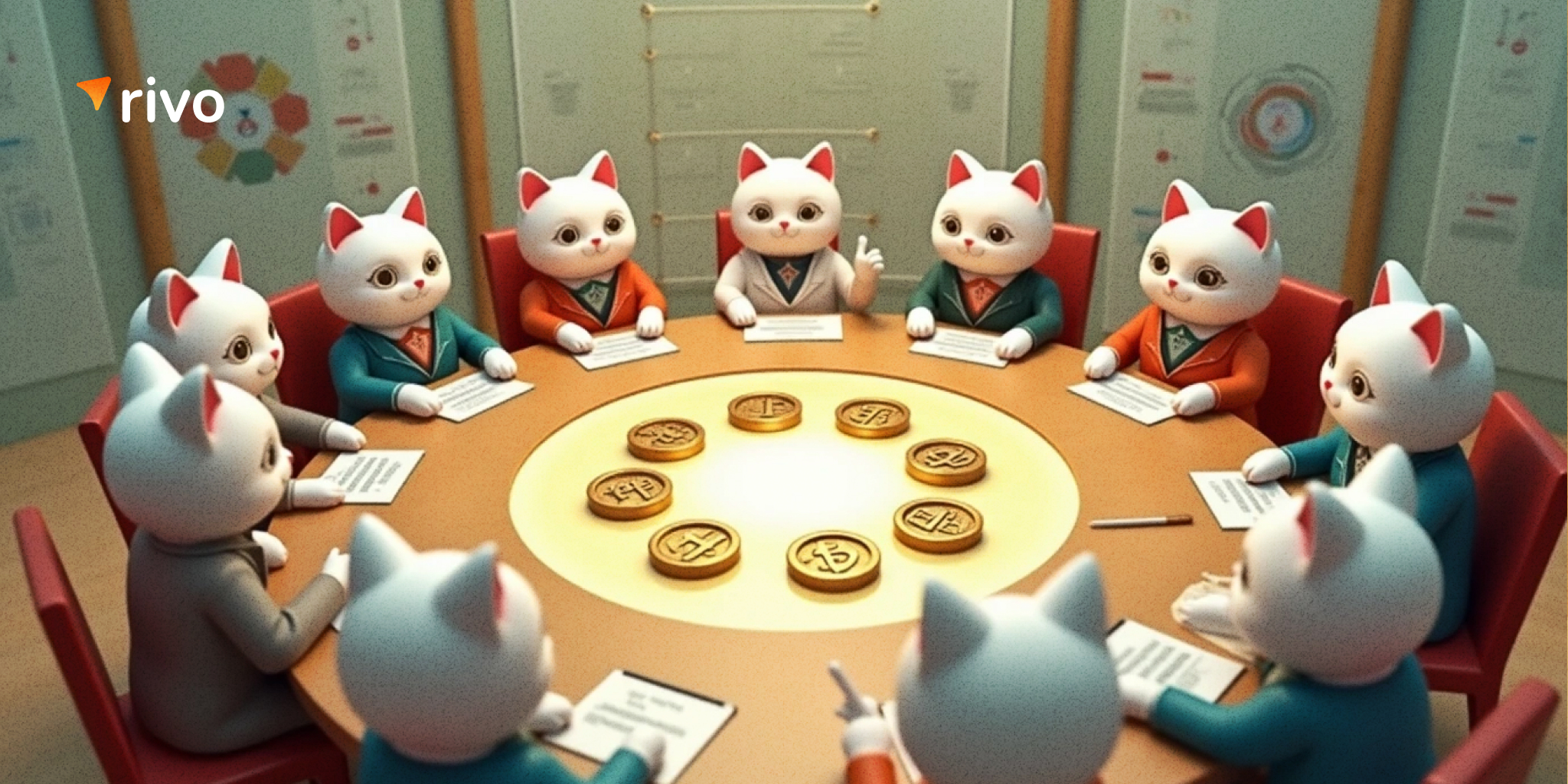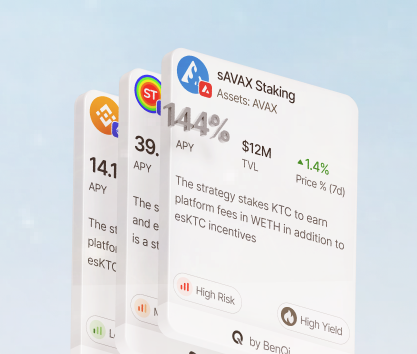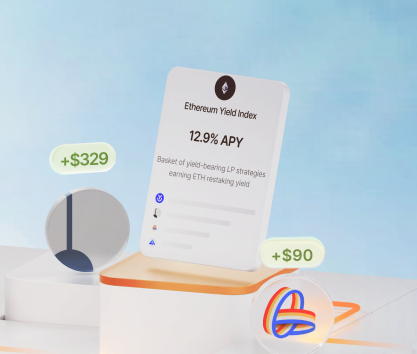The internet is a wonderful place as it often facilitates incredible developments in various fields including something like financing a passion project or a new business. Previously, entrepreneurs had to visit dozens of banks and talk to hundreds of potential investors to secure funding. The rise of various crowdfunding companies like Kickstarter made it possible for startup founders and artists to talk directly to potential customers and ask them to support their projects financially.
Kickstarter alone has raised over $8.2 billion in pledges for over 264 thousand successfully backed projects. Many of these new businesses failed or turned out to be complete scams spawning a whole genre of criticizing questionable kickstarters. However, a significant minority turned into hugely successful companies, products, and art pieces.
Centralized companies are doing what they can to moderate their catalogs but to no avail. Some experts argue that the transparency of blockchain technology can be leveraged to build better solutions capable of attracting capital with ease from a community of enthusiastic backers.
Crowdfunding and Blockchain
If you want to start a company, there are several methods of gathering funds from individual investors. Small contributions can quickly pile up and give you the necessary capital to get started. However, the form in which these funds are collected may affect the way you want to set up a fundraising effort:
- Debt. You can act as a corporation selling bonds. By promising backers to pay a fixed interest rate, you can convince some of them to contribute. The DeFi ecosystem has a variety of tools that can be used to take on debt: borrowing from pools, setting up smart contracts with specified conditions for automatic interest payments, etc.
- Rewards. In some cases, offering something tangible after the successful launch is a sufficient incentive for individual backers to contribute. This particular method works well for entertainment projects like movies, games, and music. Artists can promise digital and physical copies. In a sense, it is a way of offering very early access.
- Equity. Receiving funding in exchange for shares in your project is also a common way to gather funds. In the DeFi sector, models like DAOs (decentralized autonomous organizations) can be very exciting for investors who can become stakeholders in an organization and even participate in governance.
- Donations. Asking for money is not the best route a responsible founder should take. However, it is a very straightforward and honest method where you simply ask for finances without promising anything in exchange. Decentralization can be used to ensure that contributors are sure that their donations are used for specific purposes.
Peer-to-peer crowdfunding
A P2P marketplace can be a good place to search for contributors. In many cases, you won’t even have to tinker with technology. Decentralized ledgers are already perfectly suited for trustless and permissionless transactions that are recorded in an immutable chain of data points. If you are a public person and simply deanonymize your wallet address, all investors will be able to verify how much money was raised and how it is used.
The method is very popular in the EU where many companies are trying to receive funding through DeFi platforms. Here are some examples:
- Kentaa is a good example of a very useful platform allowing users to quickly build and deploy crowdfunding websites and receive donations or loans directly from interested users. It is one of the most interesting Dutch companies offering a unique decentralized fundraising experience.
- Cashare is another interesting platform offering a way to finance real estate purchases through P2P lending. it is not a DeFi protocol but a centralized corporation focused on providing financial services to unbanked individuals.
- TallyCoin is a Bitcoin-based protocol focused on providing direct loans and donations for users seeking immediate finances. Listings on the website are diverse and many get successfully backed by funds from privately operated nodes.
Decentralized Finance (DeFi) and crowdfunding
The DeFi ecosystem is strongly focused on the idea of trustless and permissionless transactions that can be used for all sorts of purposes including automated crowdfunding. These often differ from platforms like Kickstarter where you can try to finance anything from a comic book to a new tech startup. Many DeFi fundraising protocols are focused on providing the necessary financing to automatic market-makers, decentralized exchanges, and other types of Dapps.
The process here is quite straightforward as it is based on the use of smart contracts that usually have all conditions and guarantees precoded.
Here are some of such protocols:
- Fjord Foundry on the BNB network is a perfect example of a DeFi protocol that offers a unique approach to financing various operations in the crypto market. The main selling point is a bootstrapping pool allowing supporters and projects to easily connect using a single treasury easily controlled by smart contracts.
- CroFundsMe supports Ethereum and Cronos blockchains. It is a massive crowdfunding platform that offers an easy, no-code framework that expedites fund collection and allows new projects to get started within weeks or even days.
- Bond Protocol is a multi-chain project that supports 6 different blockchains including Optimism, Ethereum, Arbitrum, and Polygon. If a startup is looking for capital, it can be raised here quickly thanks to the abundance of natively owned liquidity, treasuries, and powerful technology.
These are tools used by developers of new Dapps. Operational funds, backing capital, and resources required to secure hardware can be obtained here without the necessity to conduct marketing campaigns. Everything is controlled via smart contracts and can be performed automatically if you are planning to build something compatible with the protocol that supplies you with resources.
Multiple projects in this sector are quite interesting because of their technology, unique services, or purpose. We want to talk about some of them in detail. If you are looking for a place where very specific dreams come true, check out some of the protocols below.
Bulla Network
This particular company is focused on providing a variety of NFT tools to Web 3.0 projects like DAOs or even individual developers if they need assistance with accounting or financing. One of the compelling aspects of this platform is the absence of onboarding procedures that often block newcomers from using offered services. Users only need to connect their wallets compatible with the selected blockchain and send invoices. Bulla simply mints short-lived NFTs that ensure a smooth on-chain operation.
Bulla works across 11 different blockchains and supports a wide range of digital assets. You can also check out the P2P loan program allowing users to track their debt obligations easily. If your goal is to expedite the deployment of a Dapp, this protocol is an excellent choice!
Crypto for Charity
When it comes to blockchain-based crowdfunding, many people immediately imagine an aspiring tech geek who dreams about making a fortune on a Dapp idea that has never been used. However, public fundraising can be used for other purposes like supporting various charities. This protocol is a zero-fee, non-commercial project that aggregates donations in over 100 different tokens and NFTs to form treasuries that can be used to support a variety of charities around the globe.
Since charitable organizations are often ill-equipped to deal with cryptocurrency donations, an intermediary capable of collecting and exchanging digital assets for fiat is a big deal. Kind-hearted people can donate to over 55,000 different funds in 300+ organizations and do it conveniently after connecting their wallets.
InnMind
This platform is focused on producing various solutions for the Web 3.0 ecosystem. InnMind can help aspiring startups find venture capitalists interested in their propositions and quickly deploy their Dapps on any blockchain. In some sense, this is an ecosystem that unites capital seekers, VC investors, and vendors selling different development tools as well as infrastructure. You can also receive consultations, mentorship, and other useful forms of assistance.
The platform can connect aspiring startup founders to over 5,000 different VCs and over 55,000 entrepreneurs while helping them save up to $230,000 on costs associated with payments to SaaS vendors. The platform helped various projects raise over $60 million.
Dappad
This emerging platform allows up-and-coming developers to receive all the necessary mentorship and funding. The main focus is on layer 2 solutions for Multichain and other blockchains. Dappad has a comprehensive roadmap where it reveals plans to add mobile app development APK and improve transaction modeling.
As a launchpad for new DeFi protocols, this platform offers immense utility to developers who want to work on Multichain or Ethereum. The ability to use APPA and ERC20 tokens interchangeably to reduce transaction costs is a very useful feature in helping new developers manage their overheads. The onboarding process is quite straightforward with new teams hopping on in just several hours.
The future of blockchain crowdfunding
It seems that, unlike Kickstarter and Indiegogo, DeFi crowdfunding can be a way to access funding in a transparent and controlled environment. The diversity of protocols offering their assistance to startups is a good thing since each platform can focus on very specific cases instead of trying to be Jacks of all trades.
Bridging the gaps between investors and projects is incredibly effective since potentially interested parties can be separated by oceans and international borders. It is also a great way to expedite onboarding and capital-raising processes through the use of smart contracts and trustless transactions.
The advantages of decentralized crowdfunding
Let’s explore some of the undeniable benefits of using decentralization to improve the public fundraising experience:
- Accessibility and reach. All DeFi protocols can be easily used from any point on Earth with an internet connection. Financial status, political views, geographical location, and many other factors become completely irrelevant. The global crowdfunding market reached its peak in 2019 with a valuation close to $13.9 billion. If we include things like real estate and financing other purchases, the number goes up by a significant margin.
- Lowering costs. The problem with many crowdfunding efforts is that remittances are costly and each transaction can reduce the total volume of resources reaching projects. The DeFi ecosystem can cut these expenses by an order of several magnitudes allowing projects to easier secure the necessary funding and avoid overpaying for transactions. Additionally, smart contracts can reduce overheads by automating many procedures like distribution, governance, reward management, and more.
- Transparent operation. Blockchain technology is founded on the idea of data immutability and accessibility. Anyone can verify the integrity of information recorded in public decentralized ledgers. This ability to track transactions and reduce the risk of fraud is exceptionally useful when it comes to aggregating funds to finance a project. It is a big deal since some estimates say that up to 10% of all projects on centralized websites like Kickstarter are complete scams.
- Democratic governance. DAOs can be utilized to oversee fund distribution, resource allocation, and adequate use of secured finances. DAO Maker is a good example of a protocol that uses the assistance of its community to manage various crowdfunding efforts. Juicebox has the same approach achieving impressive numbers: over 1,300 projects created with the total backing of $186 million.
- Innovation and expansion. Evidently, the concept of crowdfunding is extremely popular among consumers and founders. By implementing blockchain technology and using the best advancements in the field of DeFi, it is possible to create better fundraising experiences and incentivize even more backers to participate.
Each year, thousands of different DeFi protocols are launched with the help of individual backers and venture capital. In many cases, startups go through time-tested methods of securing funding. Initial Coin Offerings (ICO) and Initial DEX Offerings (IDO) can be excellent tools to quickly infuse a project with much-needed resources.
On the other hand, the rapid expansion of the DeFi sector and the rise of various decentralized platforms for crowdfunding simplify everything and make it easier for up-and-coming developers to get started with their ideas. The use of smart contracts to create a trustless environment where all participants can feel safe is another notable advantage that powers the shift toward using specialized instruments to secure financing.
